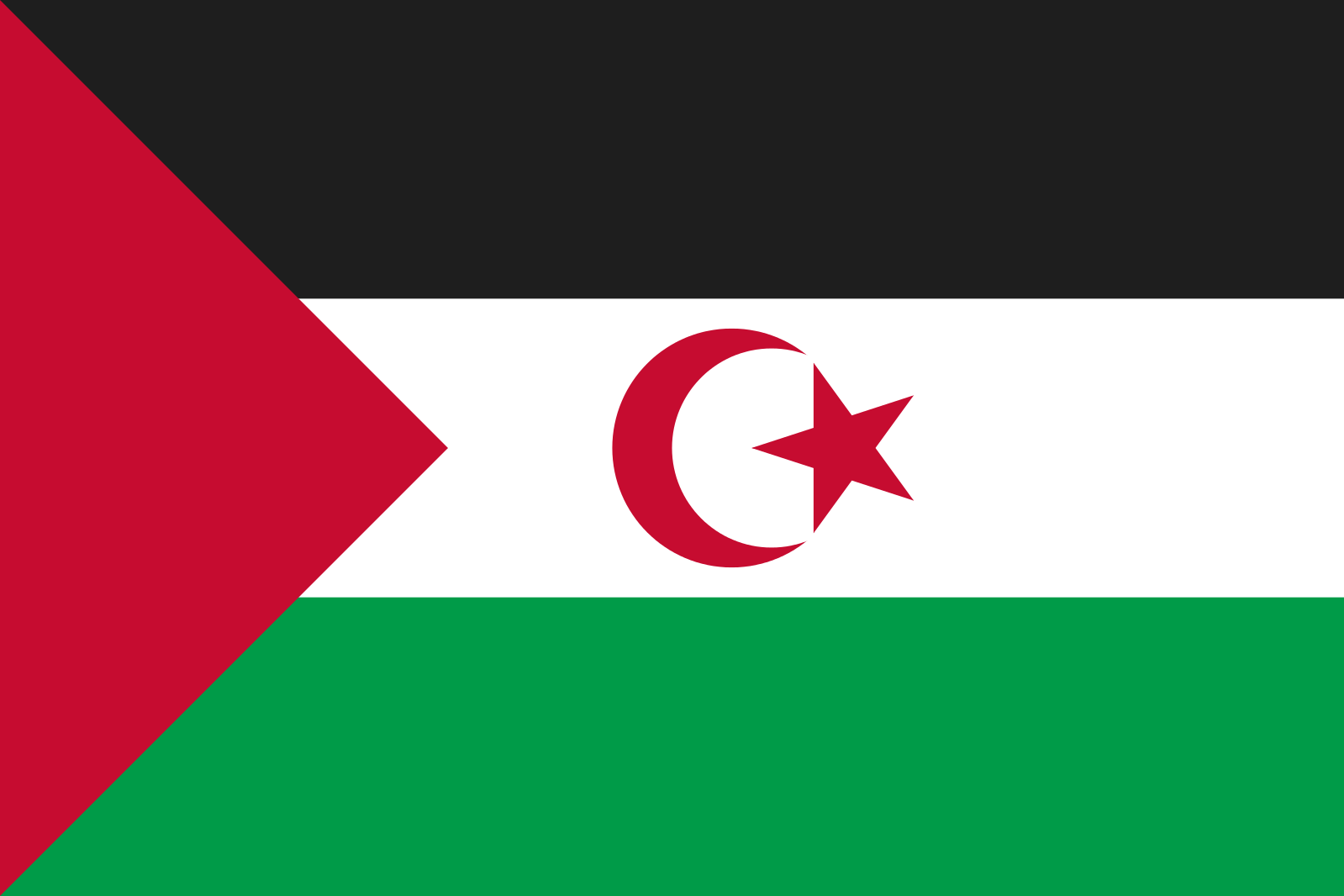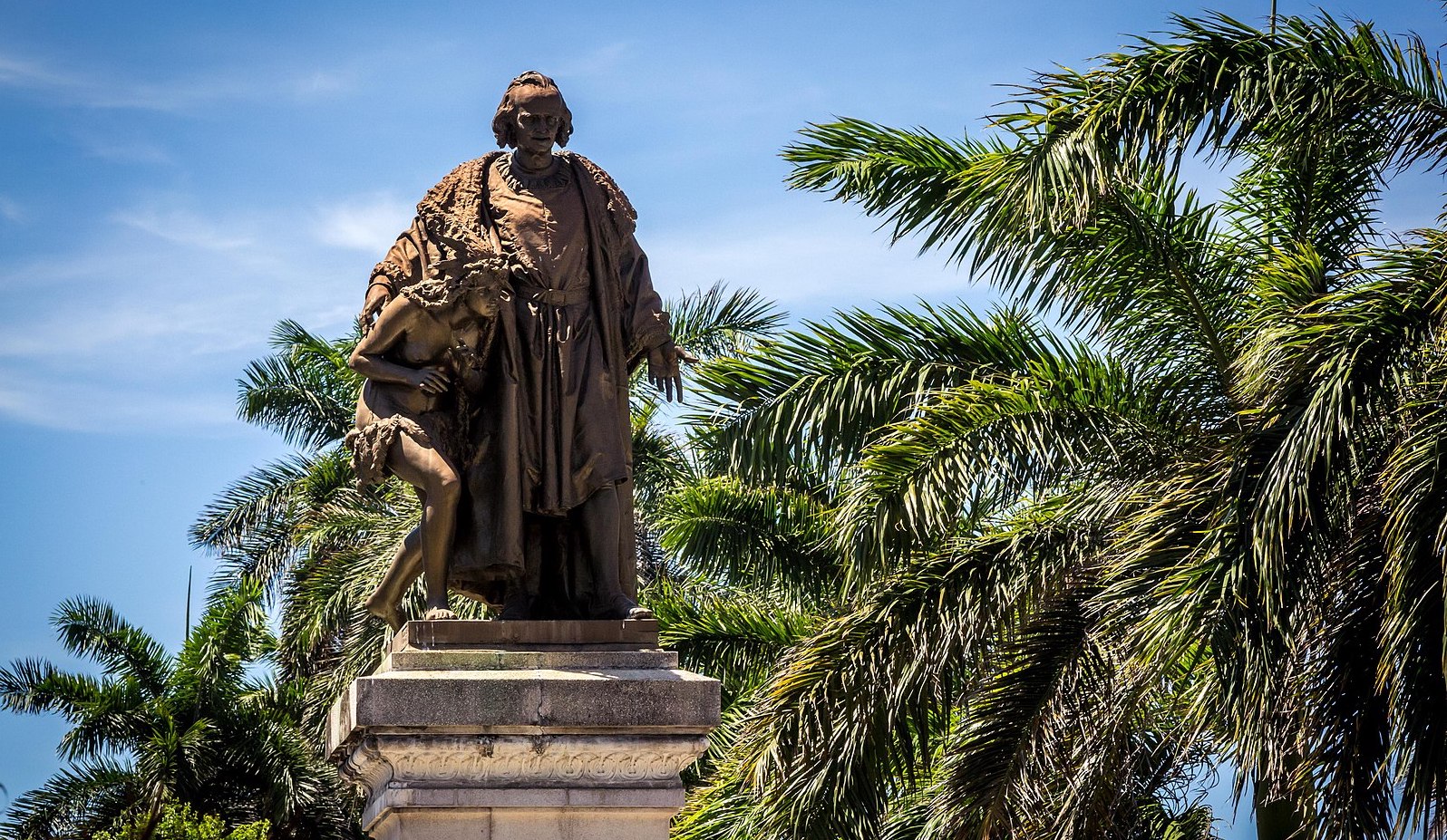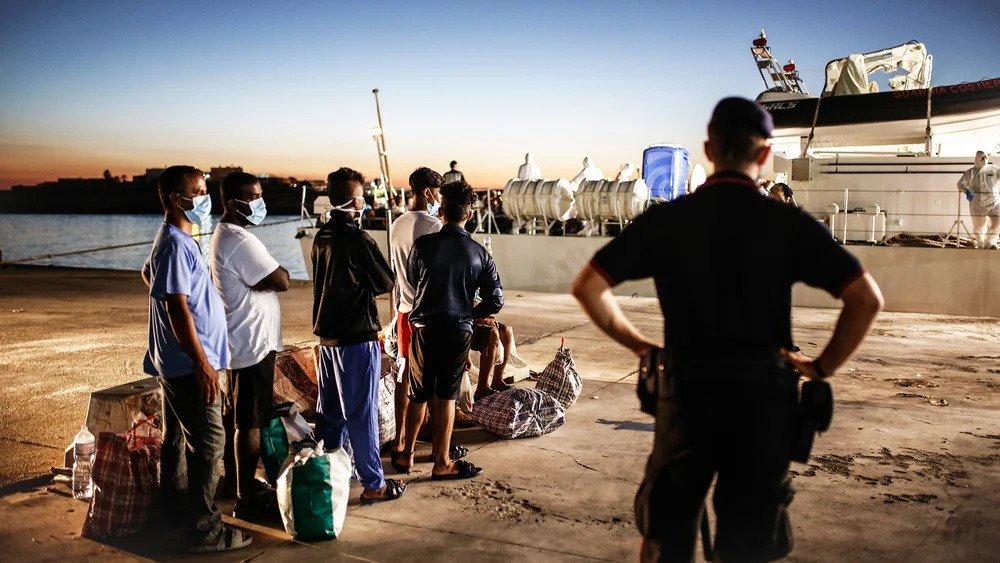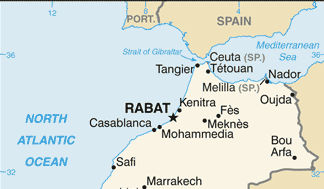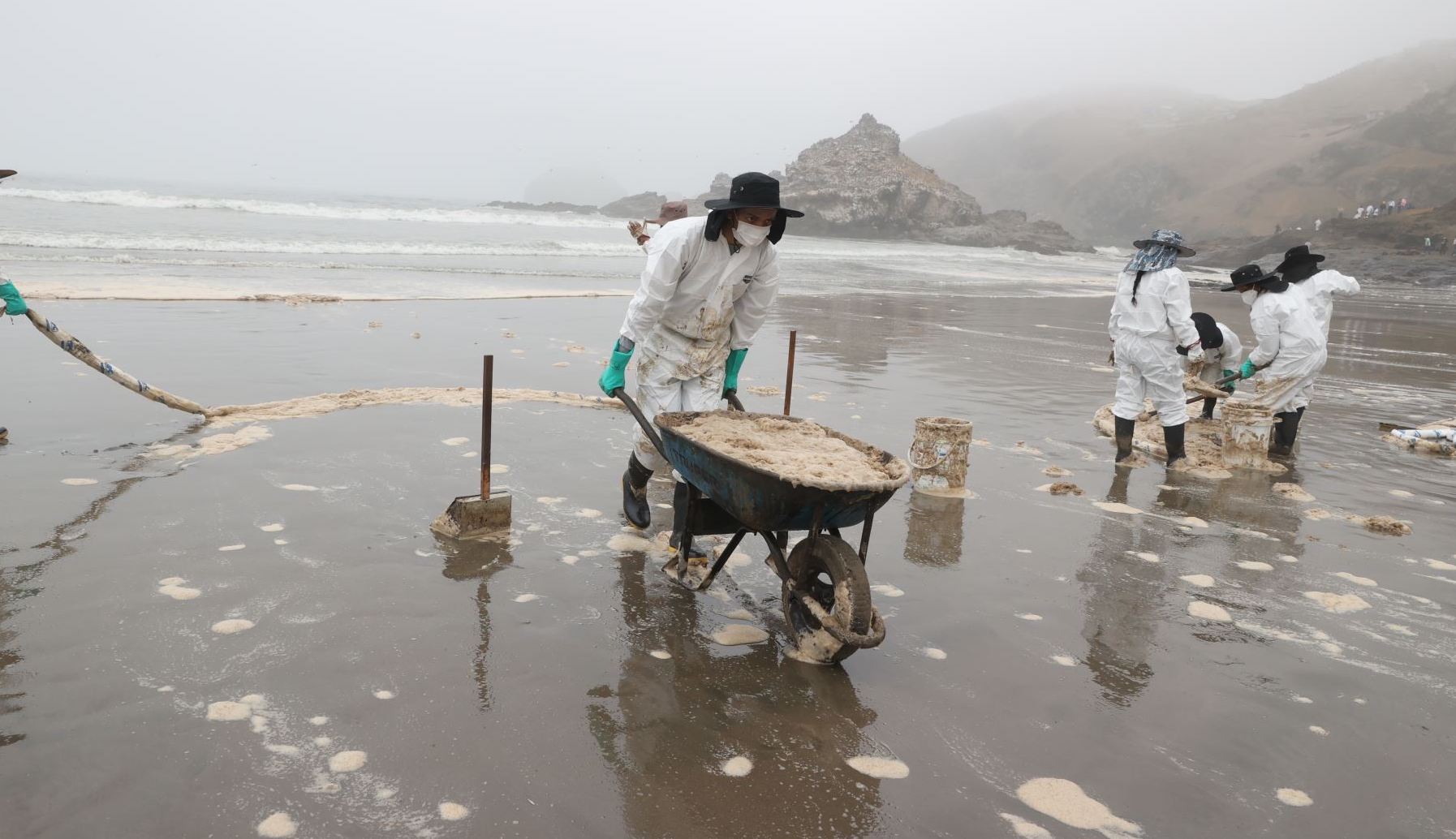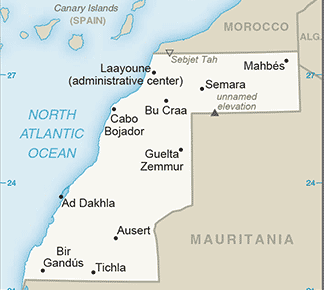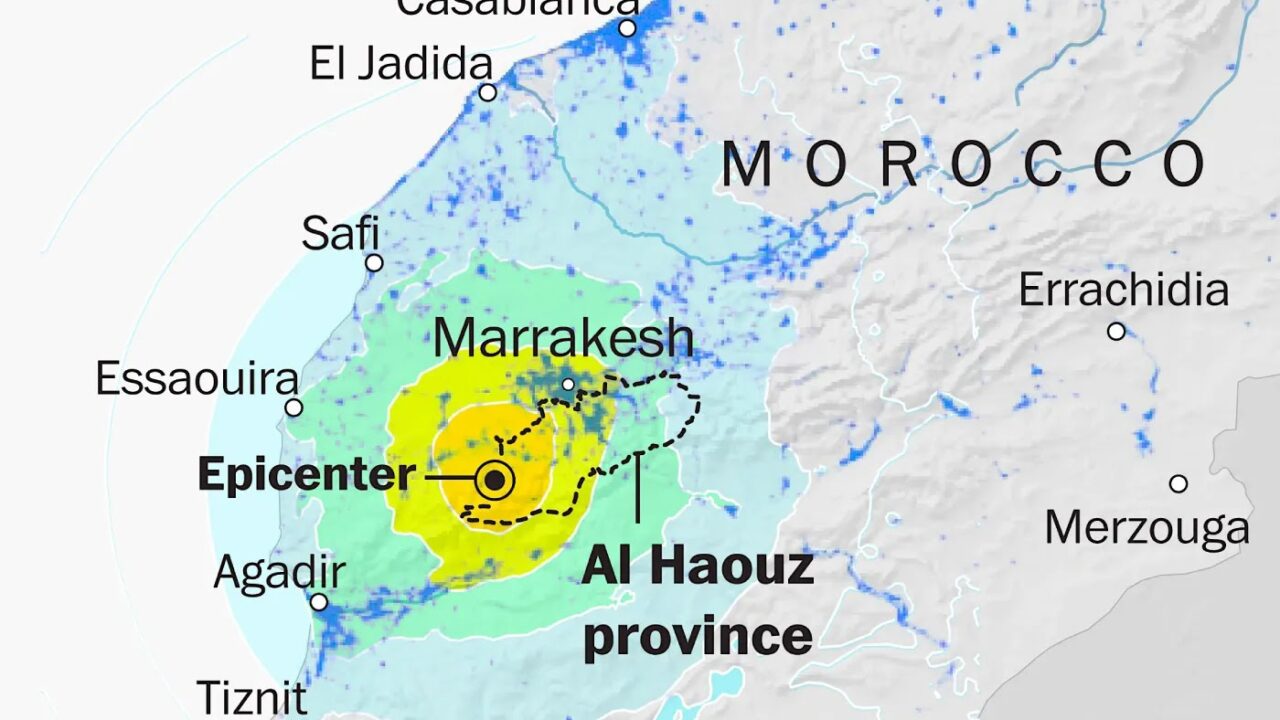
Shock, anger follow North Africa disasters
The death toll from catastrophic flooding in northeast Libya continues to climb, with reported numbers now ranging as high as 12,000—and thousands still unaccounted for. People across Libya have stepped up to help, sending convoys of aid across the politically divided country and opening their homes to strangers. Meanwhile, anger is spreading about why two dams in the port city of Derna—which collapsed under the weight of flooding, leading to the destruction of entire neighborhoods—were allowed to decay. There have also been accusations that authorities ignored warnings about the severity of the storm, contributing to the massive death toll. Similar charges are heard in Morocco after a deadly earthquake struck in mountains south of Marrakesh, with the government accused of bottle-necking relief efforts to the marginal area. (Map: USGS via DirectRelief)



